Government Home Programs Seniors Need To Know About
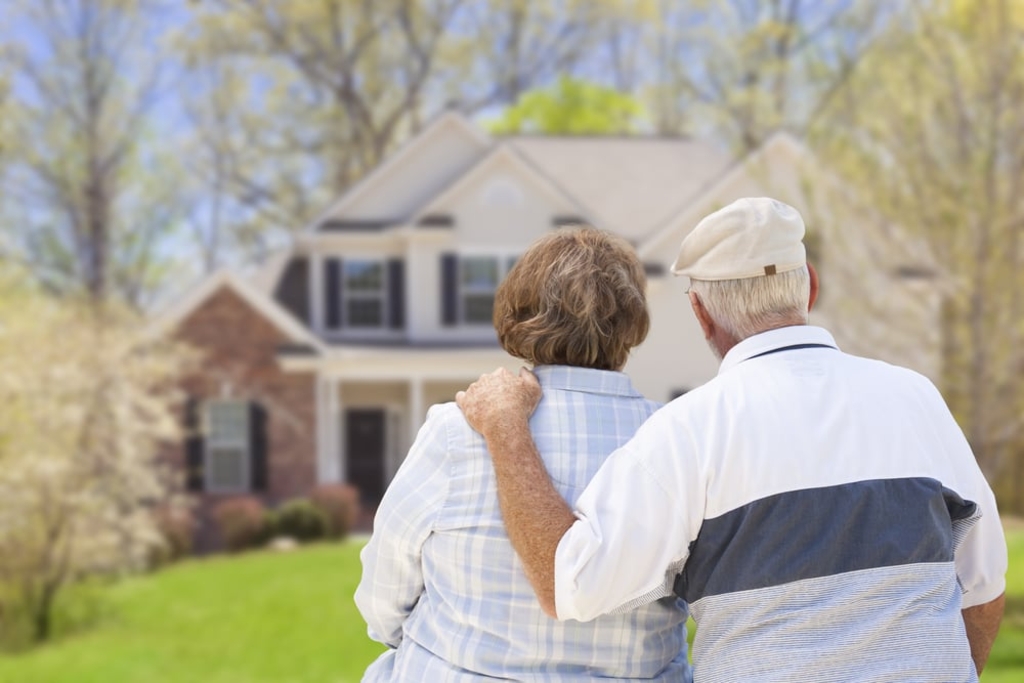
As a senior citizen, there are many Government Home Programs that you need to be aware of. These programs can provide you with much-needed assistance and financial support. In this blog post, we will discuss the most important Government Home Programs for seniors. So, whether you are looking for help with your mortgage or want to know more about Medicaid, read on!
Single Family Housing Repair Loans & Grants
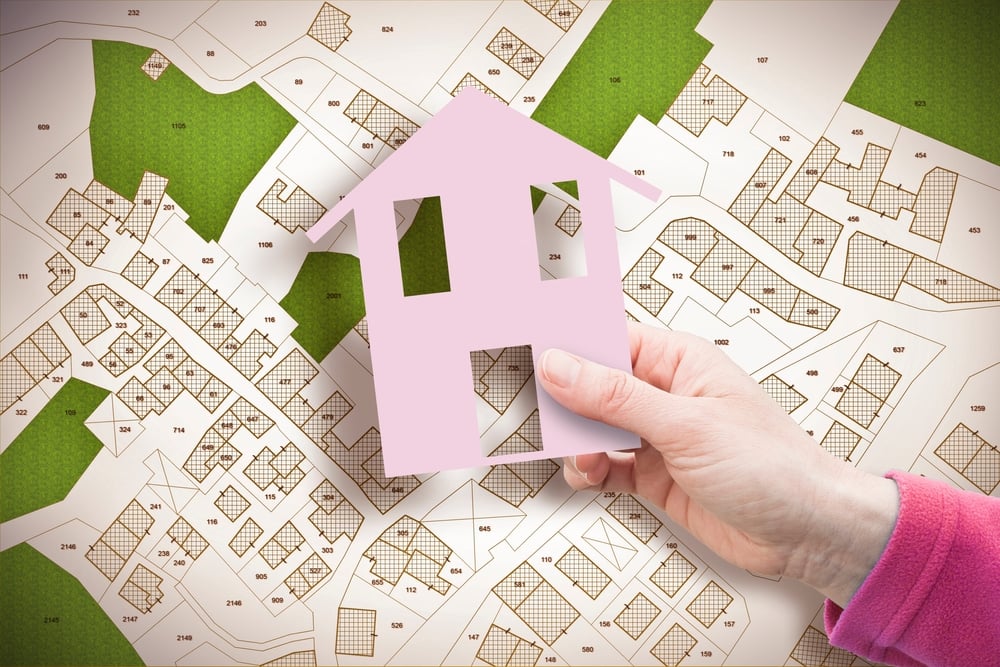
Single Family Housing Repair Loans & Grants for Seniors is a program through the Department of Housing and Urban Development that offers funds to low- and very-low incomeseniors homeowners to make necessary repairs and improvements on their homes.This program is administered through a nationwide network of state and local agencies and nonprofit organizations.
The Single Family Housing Repair Loans & Grants for Seniors exists to improve the safety and livability of senior citizens' homes and to keep them in their homes and off of the streets or out of shelters. The program also assists seniors with needed home repairs so that they can maintain their independence as they age.
Low Income Home Energy Assistance Program (LIHEAP)
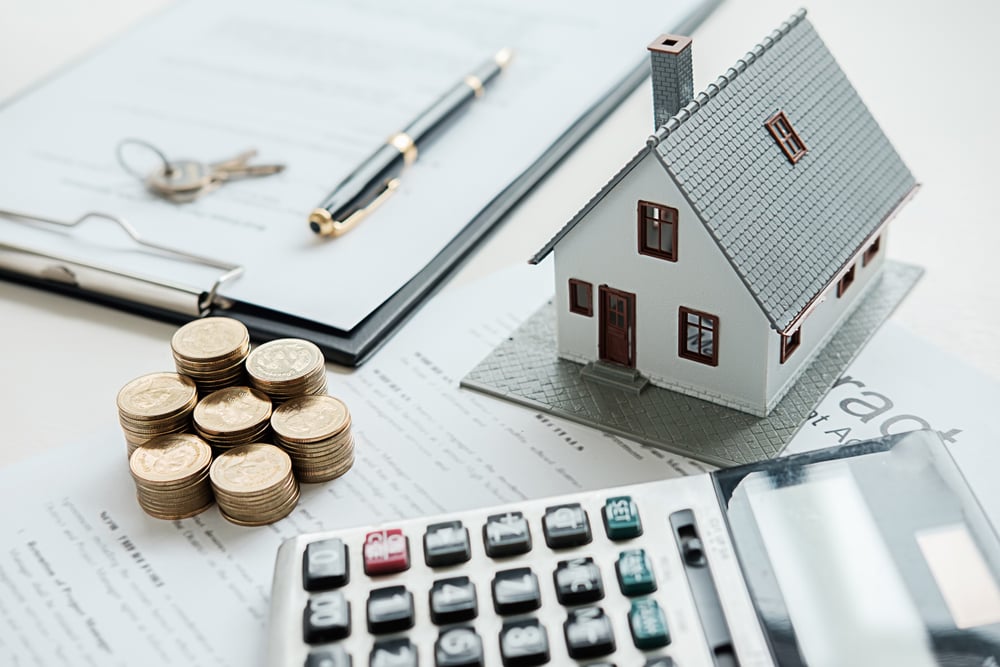
Low-income seniors may be eligible for assistance with their heating and cooling bills through the Low Income Home Energy Assistance Program (LIHEAP). LIHEAP is a federally-funded program that helps eligible households pay for energy services. Households that meet the income guidelines can receive help with paying their energy bills, weatherizing their homes, and making minor repairs to their heating and cooling systems. For seniors living on a fixed income, LIHEAP can provide much-needed assistance with managing their energy costs.
The Section 8 Housing Choice Voucher Program
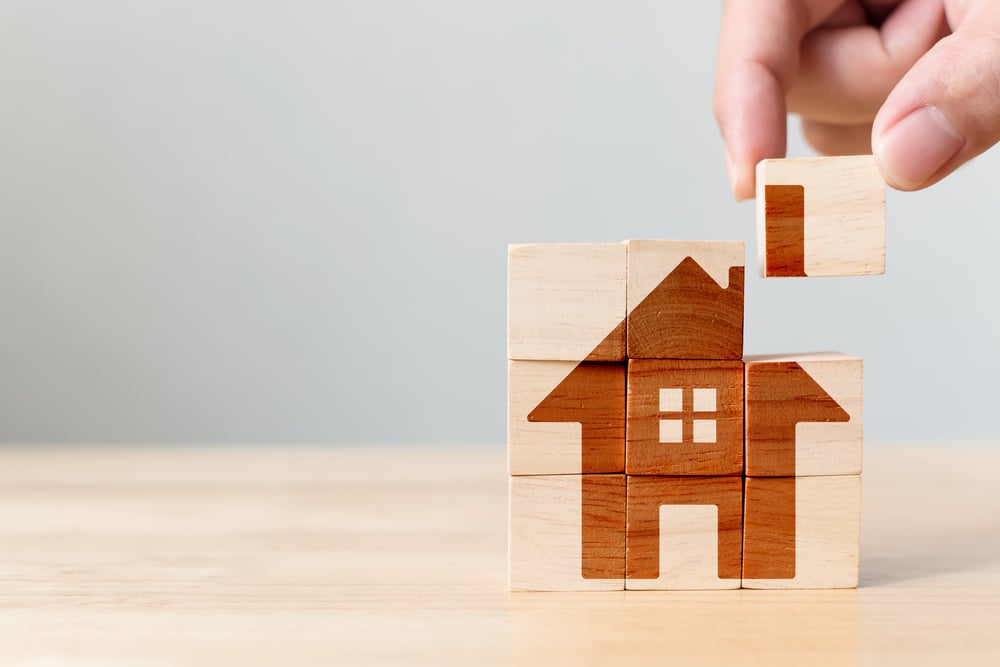
The Section 8 Housing Choice Voucher Program provides assistance to low-income families, the elderly, and the disabled to help them afford safe and sanitary housing. The program is administered by the U.S. Department of Housing and Urban Development (HUD) and is overseen by local public housing agencies (PHAs). Section 8 vouchers can be used to rent apartments, single-family homes, or townhomes. In order to qualify for the program, households must meet certain income requirements. Households that receive Section 8 vouchers pay a portion of their rent each month, with the rest being covered by the voucher. The Section 8 program for seniors is specifically designed to help low-income seniors find safe and affordable housing.
Low-Income Housing Tax Credit (LIHTC)
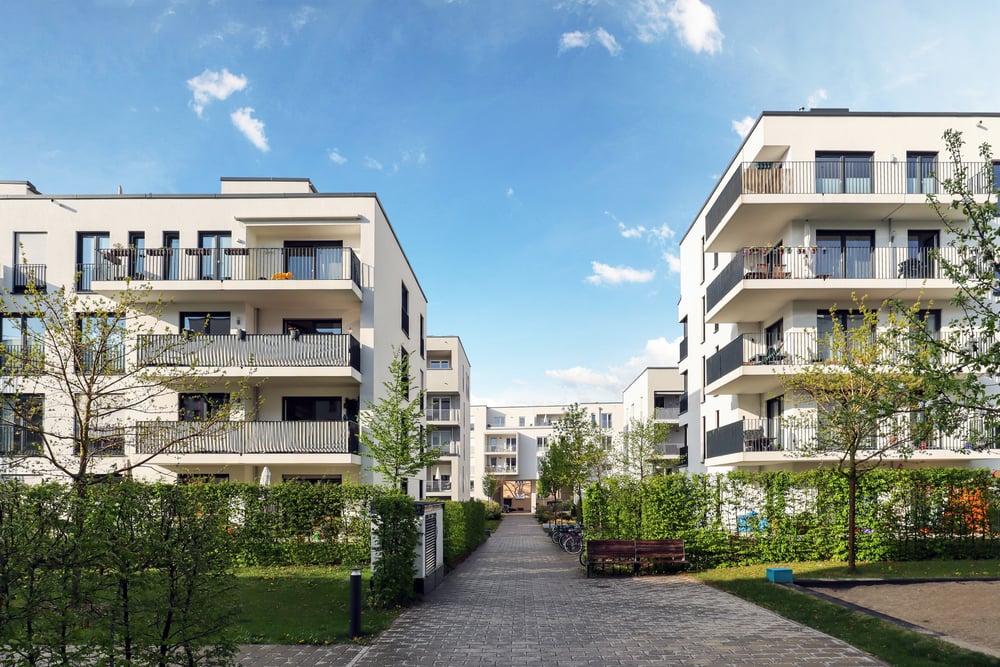
The Low-Income Housing Tax Credit (LIHTC) for Seniors is a federal program that helps to offset the cost of constructing and operating safe, decent, and affordable housing for low-income seniors. LIHTC-funded senior housing developments must meet certain eligibility requirements, including having at least 20% of units set aside for households with incomes at or below 60% of the area median income. In addition, developments must provide supportive services to residents, such as case management, health screenings, and social activities.
Section 202 Supportive Housing for the Elderly Program
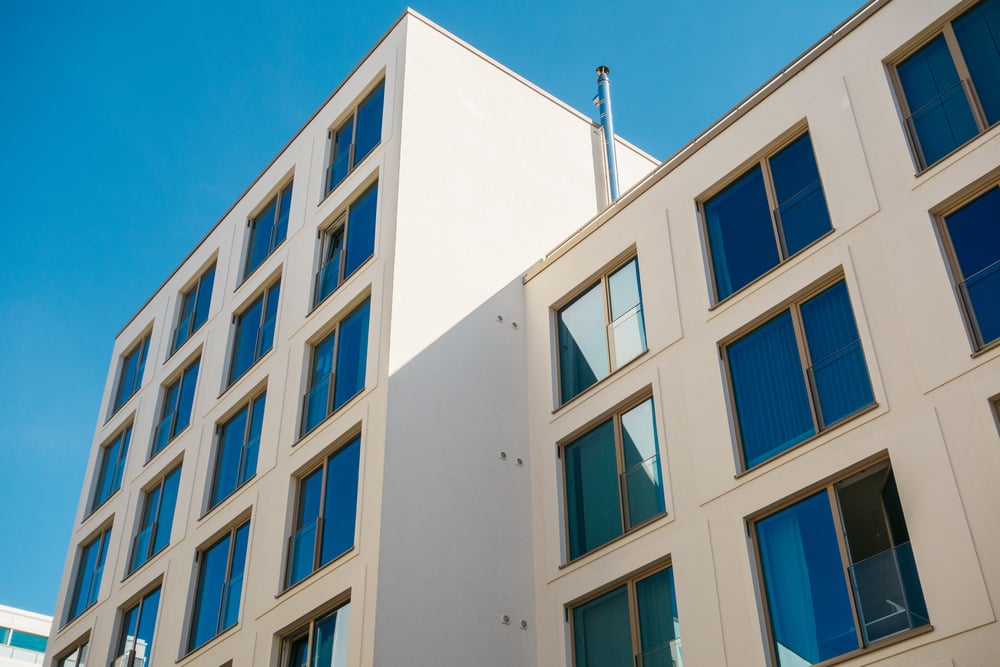
The Section 202 Supportive Housing for the Elderly Program is a HUD program that provides capital advances and operating subsidies to private, non-profit organizations for the development of housing for very low-income elderly persons. Section 202 homes are normally senior citizen apartments which provide supportive services, within the building or in the surrounding community, to help residents live independently. Section 202 housing is an important part of the continuum of care for the elderly, providing safe, decent and affordable housing with supportive services. Many Section 202 residents are elderly persons who have lower incomes than other seniors and are therefore more likely to require assistance in order to maintain their independence. Section 202 communities often feature service coordinators who connect residents with needed services, including meals, transportation, housekeeping, and health care. Section 202 Project Rental Assistance Contracts (PRAC) make rental units affordable to low-income elders by paying a portion of the rent directly to the owner on behalf of eligible residents.
Public Housing Authorities
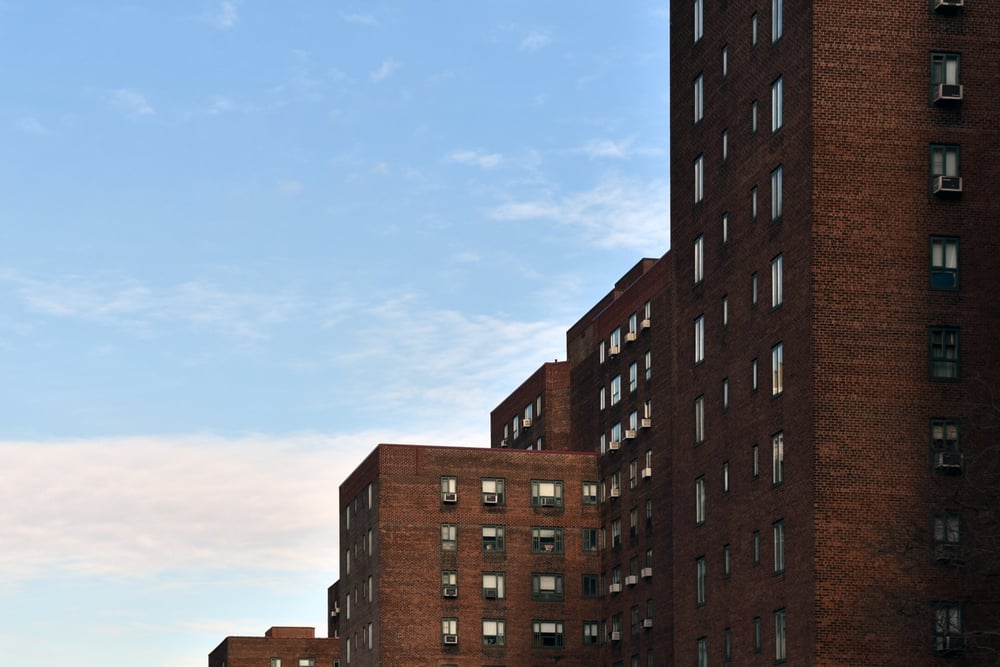
Public housing authorities are responsible for providing safe and affordable housing for low-income families, the elderly, and people with disabilities. In many communities, public housing developments are the only source of quality affordable housing. Public housing developments are owned and operated by public housing authorities, which are funded by the federal government.



